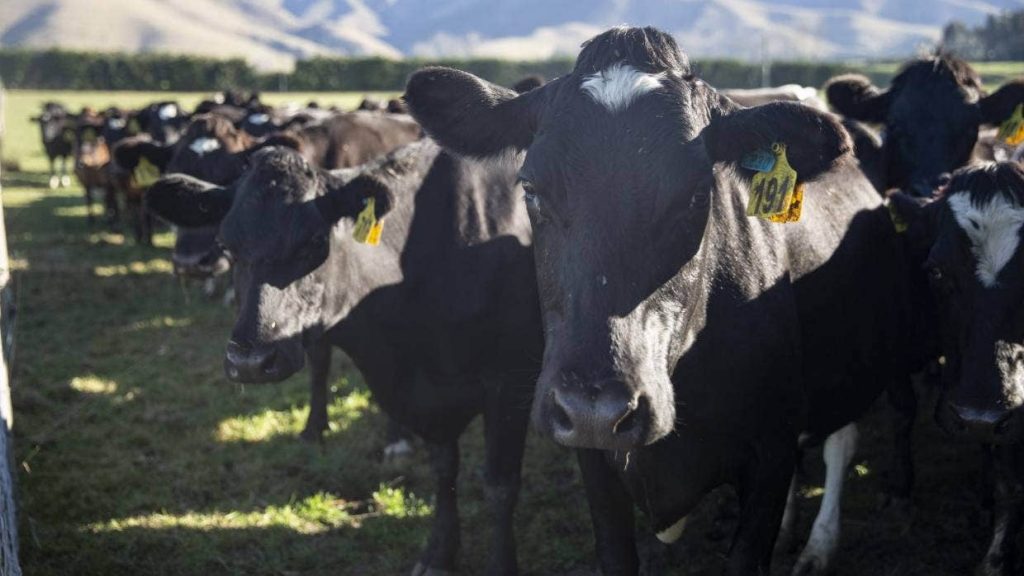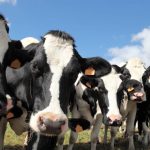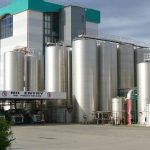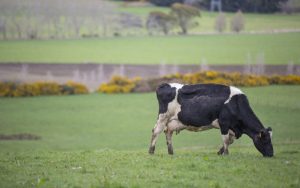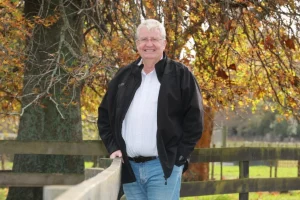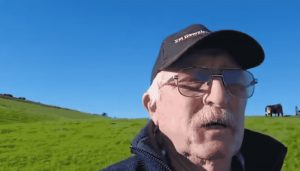
The change, which came into force six weeks ago, allows mid level staff earning the NZ median wage to move from the previous ‘low skilled’ visas on to skilled three-year visas.
This means long-term security for both employers and staff, Ben De’ Ath, managing director of nationwide immigration and recruitment service provider The Regions, said.
“For Taranaki farmers who have spent time and money recruiting and training team members to now be very skilled and familiar with that farm’s operations, this is a huge victory,” he said.
His company had been lobbying since 2018 to make three-year visas more attainable, to give employers and migrants more certainty.
Up until the change, it was difficult to get a three-year visa for anyone lower than a farm manager or 2IC, with many others who were good workers classified as ‘low skilled’ and only eligible for one year visas.
A stand-down rule meant farmers had been unable to keep employing these staff after three years.
“In 100 per cent of cases on our books, staff earn the median wage by the start of their fourth dairy season, as required to avoid the stand down,” he said.
“Once staff are on the skilled three-year visas, this places them on a pathway to residence not previously available.”
He said having certainty in staff retention was very welcome news for farmers just reaching the end of a very tough calving season due to a nationwide shortage of staff.
“Dairy NZ currently has 1000 vacancies and I would add 500 to that across the industry. It’s really, really hurting,” he said.
“A lot of older people are back in the shed. I know a Waikato family where a 60-year-old farmer has his 85-year-old parents helping in the shed. It’s a real concern having 85-year-olds in such a physical job.”
There were also no people on working holidays and, with the borders closed, no wives of the principal visa holder, who often assisted with milking and calf rearing.
De’ Ath will be discussing Past, Present and Future Immigration Policy for the Agriculture Sector at a seminar at Hāwera’s TSB Hub at 7pm on Monday September 28 , one of a series he is holding around New Zealand.
The full seminar line up is viewable here: https://theregions.co.nz/seminars
